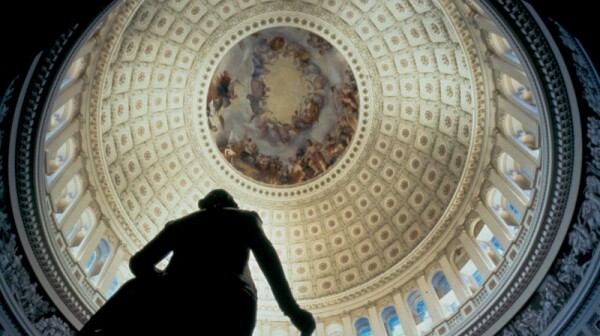AARP Eye Center
CLOSE ×
Search
Popular Searches
- right_container
- Health
- Money
- Work & Jobs
- Advocacy
- Social Security
- Medicare
- Caregiving
- Games
- Travel
- More...
- Entertainment & Style
- Family & Relationships
- Personal Tech
- Home & Living
- Auto
- Staying Sharp
- Podcasts
- Videos
Water and Gas Surcharges and Senators Filibuster
AARP Missouri successfully blocked a bill in 2016 that would have made consumers bear the risk of weather-related changes in utility costs. AARP members flooded their elected officials’ email inboxes and phone lines with messages opposing the legislation. Thanks to their efforts, and several state senators from both parties, the measure was defeated.
As AARP Missouri looks ahead to the 2017 Missouri legislative session, several rate hike proposals by the state’s monopoly utilities are staring us in the face.
In the last legislature, the state’s monopoly utility companies were working the halls of the capitol trying to raise rates on Missourians. AARP Missouri fought back and won. Even now, these same companies are arguing in front of the Missouri Public Service Commission (PSC) to try to raise rates through regulation – and AARP Missouri is there, fighting for you. For years, monopoly utility companies in Missouri have had bill paying stations located on-site at predatory payday lenders. It was a win-win for utilities and payday lenders because it meant utilities were more likely to be paid and Missourians on fixed incomes were more likely to take out payday loans to cover those bills – and pay triple digit interest rates on those loans. AARP has been fighting to stop this predatory practice for a long time. This year, the PSC sided with Missouri consumers and took the utility pay stations out of payday loan locations. That’s a win for every Missourian!
Caregiving, financial resilience, utility rate hikes, and voting rights were top of the ticket issues for the 2016 Missouri General Assembly - and AARP Missouri was in the thick of it all. Whether legislation was voted up or down, AARP Missouri was fighting for members and their families on legislation that matters.
The Missouri Public Services Commission (PSC) is holding public hearings this month on a nearly 10% rate hike requested by Ameren Missouri. Ameren, the largest electric utility in the state, has already been allowed to raise rates on customers by over $600 million – or 43% - through Fuel Adjustment Clause Surcharges.
Search AARP Missouri
Connecting you to what matters most, like neighbors do. Find events, volunteer opportunities and more near you.
Sign up & Stay Connected
















)


















.jpg?crop=true&anchor=13,195&q=80&color=ffffffff&u=lywnjt&w=2008&h=1154)
































